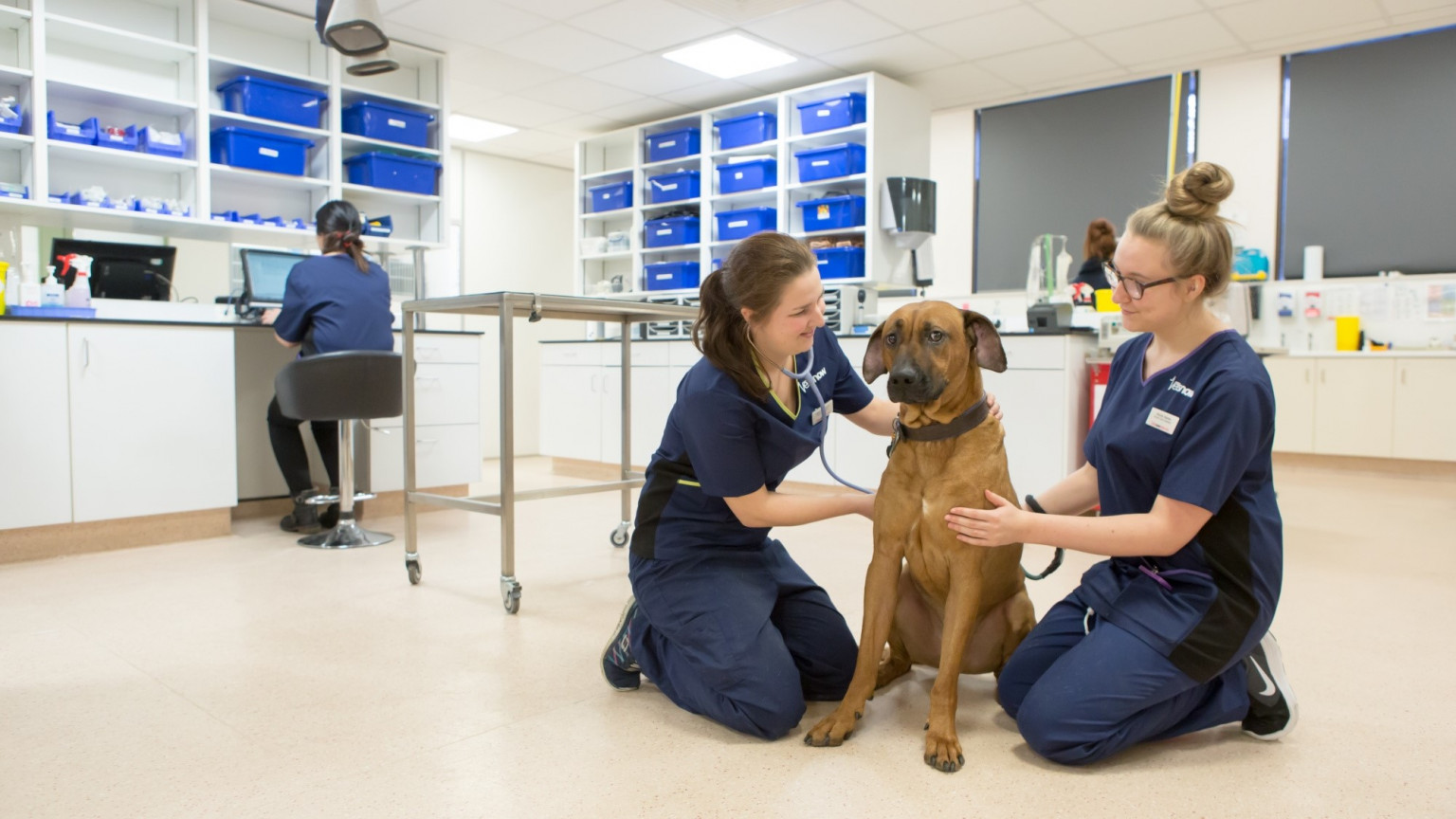Do you need help?

What does mucus in your dog’s poop mean?
Most dog owners at some point in time will have reached down to pick up their dog’s poop and spotted mucus running through it. This slimy, jelly-like substance, while not particularly pleasant to look at, is naturally found in your dog’s body and could be present in your dog’s poop for a number of reasons, including:
- Eating something new
- Eating something they shouldn’t have
- Inflammatory bowel disease (IBD)
- Irritable bowel syndrome (IBS) (stress)
- Infections
- Intestinal parasites (AKA worms)
- Underlying health problems
While it’s not always easy to know what’s normal when it comes to dog poo, mucus in many cases isn’t something to be overly worried about, but it’s not something to ignore either.
Typical reasons for mucus in your dog’s poop include:
Eating something new
Sometimes introducing something new into your dog’s diet can upset their stomach which can lead to mucus in their stool. Even changing their food can do this, which is why it’s recommended that you gradually move from one food to another over a couple of weeks.
Eating something they shouldn’t have
Lots of things aren’t suitable for your dog to eat, including these human foods that are toxic to dogs. If your dog eats something that isn’t food at all, like part of a toy, it can cause digestive problems. Get your dog immediate help if you think they’ve swallowed something that could lead to a blockage. Call an emergency vet if your daytime vet is closed.
Inflammatory bowel disease (IBD)
Inflammatory bowel disease is caused by an abnormal ‘local’ immune response in the gut wall triggered by a hypersensitivity to dietary allergens (usually proteins or, less commonly, carbohydrates), or to bacteria in the gut. It can happen at any time and isn’t associated with new or novel foods, it could develop with a food your dog has been eating for a long time. If you are worried your pet has IBD you should speak to a vet.
Irritable bowel syndrome (IBS)
Irritable bowel syndrome is much rarer in dogs than humans, but can be brought on by stressful situations like moving house, staying in boarding kennels or fireworks displays. Just like when some humans suffer from stomach issues when feeling anxious, dogs can experience similar symptoms, including runny stools, which can also contain mucus.
Infections
There are several bacterial or viral infections of which mucus in your dog’s poop could be a symptom. These will typically be accompanied by other symptoms like vomiting, diarrhoea, changes in eating habits or behaviour. Parvovirus is just one (particularly serious) example of an infection, but there are many other infections your dog could have contracted. If you think your dog has an infection, you should book an appointment with your vet to make sure they get the treatment they need quickly (and avoid infecting any other dogs).
Intestinal parasites (worms)
Dogs are susceptible to various types of intestinal worms, such as roundworm, tapeworm, hookworm, and whipworm, which is why it’s recommended that dogs are given worming treatment throughout the year. In many cases there are no symptoms of a worm infestation but if clinical signs do present, mucus in their poo could be one of them. Your vet will be able to recommend the best course of treatment after examining your dog.
Underlying health problems
In rarer cases, the mucus could be a sign of something else going on but it’s best to let your vet examine your dog and rule out the most common causes before worrying about anything else.
Is mucus in your dog's poop an emergency?
Probably not but it depends. It’s unlikely to be an emergency if you find a small amount of mucus in your dog’s poo. But there are times when it’s a good idea to have them checked over by a vet right away, like they’re:
- passing a large amount of mucus
- straining excessively
- passing blood and mucus
- acting differently
- showing any other signs that give you cause for concern
If you think your dog has swallowed something that might cause a blockage you should treat that as an emergency and contact your vet right immediately, or find your nearest emergency vet when daytime vets are closed.
If you’re unsure if it’s an emergency book an online consultation with our emergency vets for advice. Learn more about our Online Vet service here.
What to do if you find mucus in your dog’s poop
If you spot mucus in your dog’s poop, take a closer look. How much mucus is there – is it a small streak, does it cover the whole poop or is there more mucus than poo? Can you see anything else in their poo, like blood or remnants of something they shouldn’t have eaten, like shards of wood from a stick? Think about what your dog has been doing that could have resulted in the mucus. Have they eaten anything different, been anywhere new, or been acting differently?
Depending on the circumstances you might want to keep an eye on them and see how their next poo looks or book an appointment with your vet. If the problem doesn’t seem to be improving or they’re experiencing other symptoms such as vomiting, diarrhoea or showing signs of pain, it’s definitely a good idea to see your vet.

